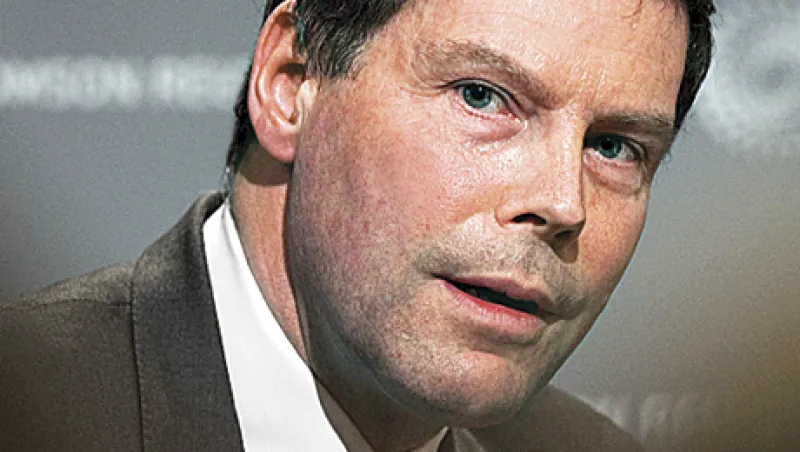
Why Did Financial Services Authority Boss Hector Sants Quit?
Did increasing political heat from the U.K. parliament's Treasury Committee prompt the resignation of Hector Sants, the chief executive of the Financial Services Authority?
Loch Adamson
April 7, 2012


